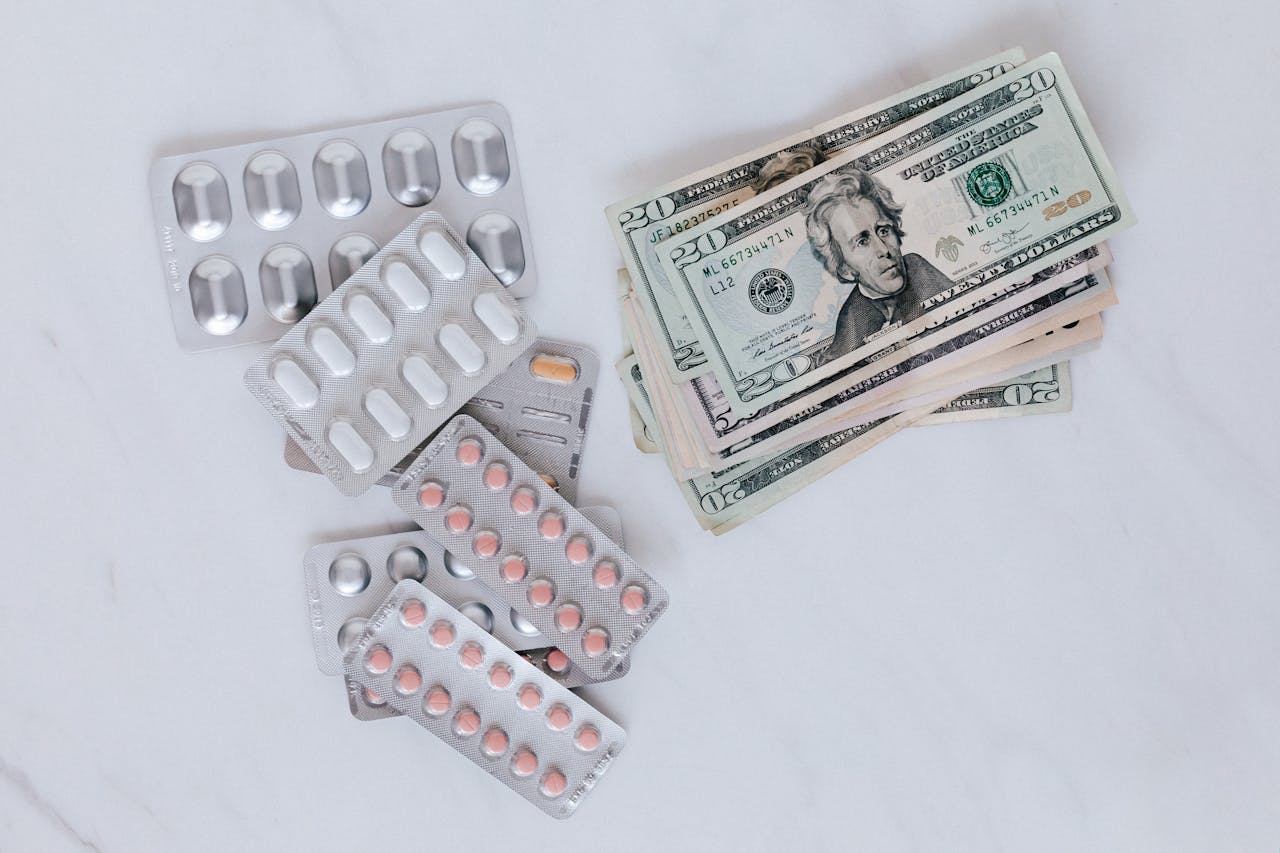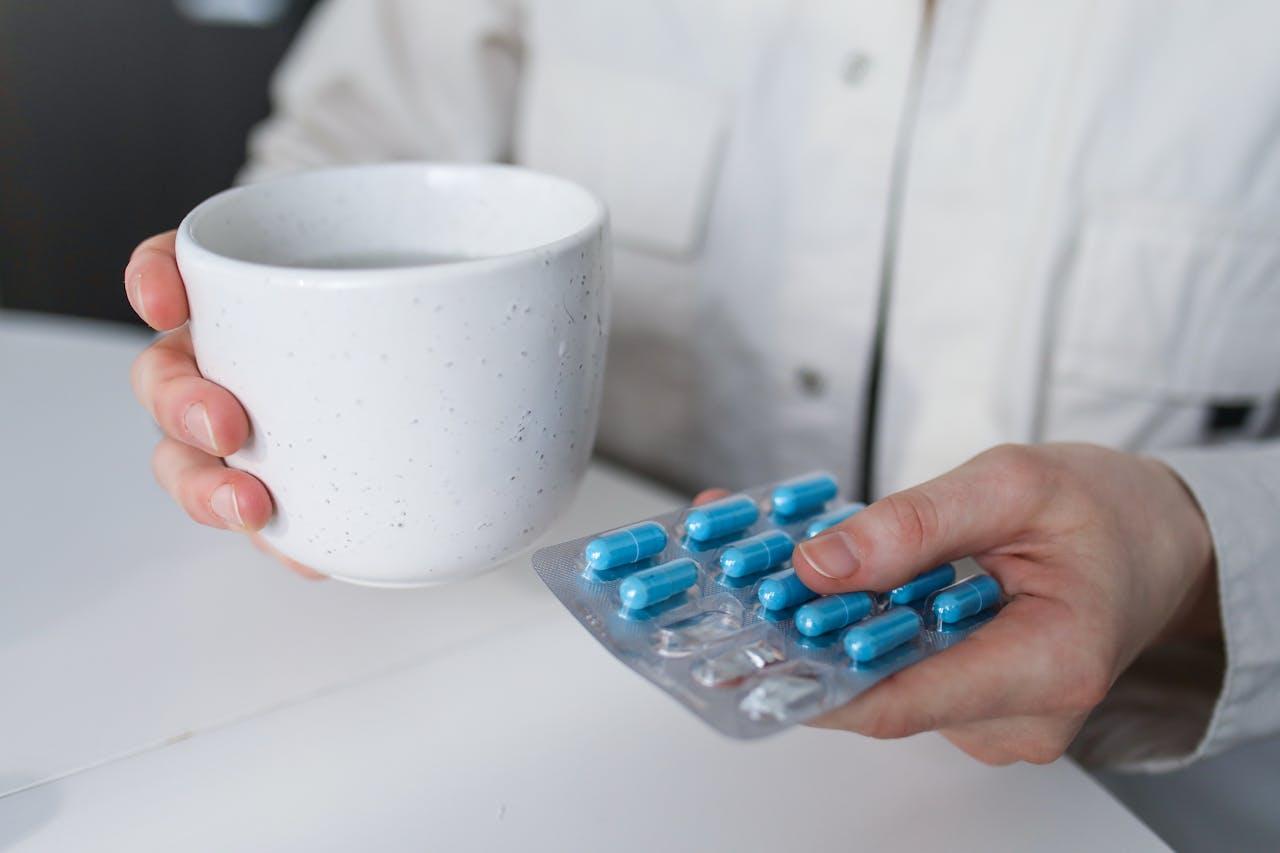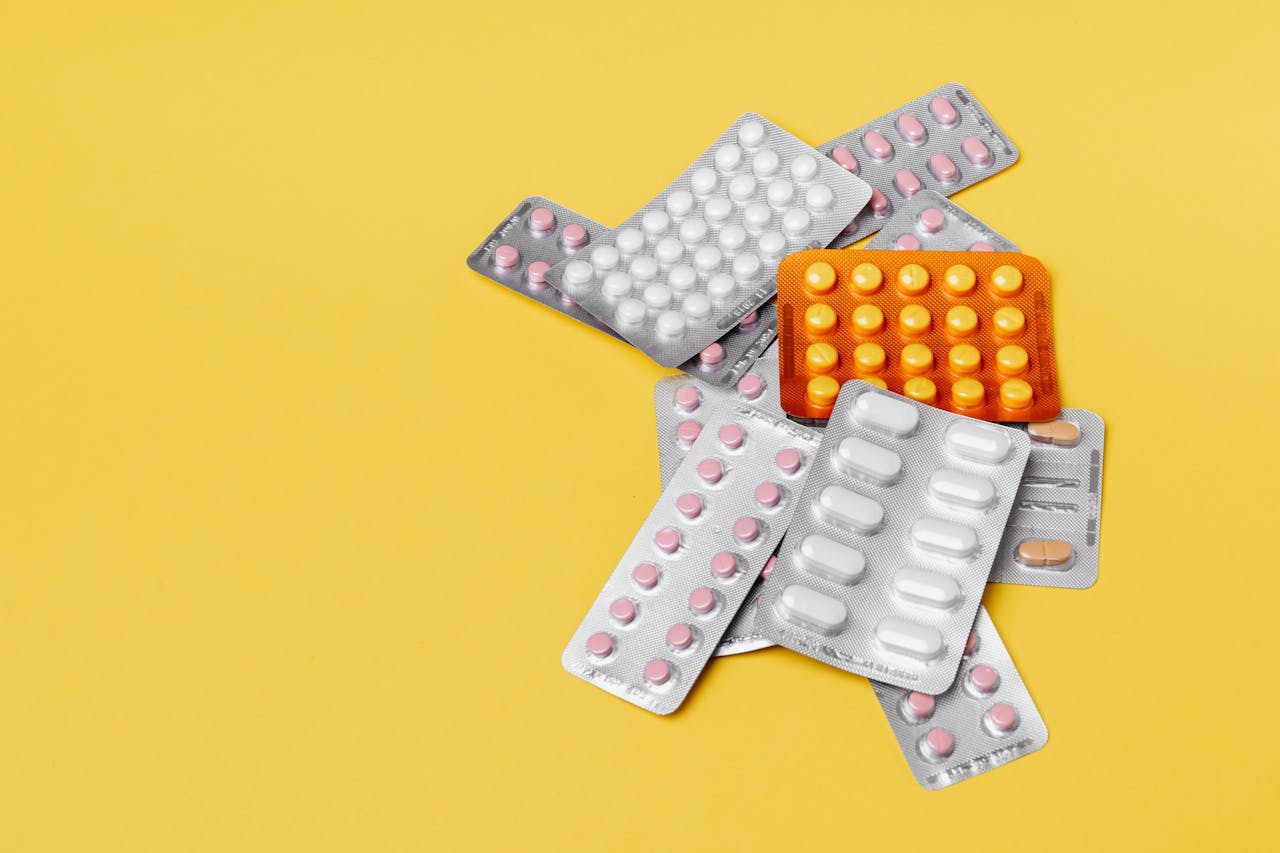Direct-to-consumer pharmaceutical advertisements have been a focus of the FDA and the U.S. Department of Health and Human Services for some time. There have been concerns about the misleading way that pharmaceutical companies promote certain medications. New prescription drug advertising reforms strive to change all of this.
Can State-Run Canadian Drug Importation Programs Lower Drug Costs? | Simplefill
blogIn 2024, the Food & Drug Administration gave the state of Florida permission to import certain medications from Canada. This is part of the fight to help Americans obtain the type of drug prices that other countries pay. The decision from the FDA took many by surprise because it was the first time that the FDA had made such a decision.
Real‑Time Prescription Price Tools May Help You Save | Simplefill
blogReal-time prescription price tools help patients understand exactly what their medications will cost before they reach the pharmacy. By showing coverage details, alternatives, and out-of-pocket pricing upfront, these tools can reduce surprises and help people nationwide make more affordable medication choices.
Will Online Marketplaces Lower Drug Costs? | Simplefill
blogOne of the options that the United States is considering for lowering drug costs is through direct-to-consumer strategies such as online marketplaces. These can bypass insurance plans and offer patients the chance to receive the medications they need for conditions like asthma or high cholesterol. Discover more about online marketplaces and what they can offer.
What Are the Benefits of Online Marketplaces?
- Online marketplaces for prescription medications offer the chance to increase competition and improve transparency. You can get a clear sense of what a drug costs, giving you the opportunity to find the lowest price available. Patients being able to see how different companies price medications incentivizes businesses to lower rates.
- If you’re able to find the lowest costs and afford your medications consistently, your healthcare costs can decrease overall. You may not need emergency services as much as you would and could even avoid the development of further connected health issues. This relieves the strain on your finances as well as on the entire healthcare system, which is always overburdened.
- Online marketplaces also allow people who don’t have insurance to get healthcare equity. Everyone should be able to receive appropriate medical assistance, but that’s not always the case. By removing the need for insurance while still maintaining affordable rates, an online marketplace could potentially offer the help lower-income patients need.
- Online marketplaces can help reduce rates by also cutting out the middlemen. You would be able to bypass pharmacy benefit managers (PBMs) as well as insurers. This could make everything from generic to brand medications more affordable.
- You could have more options, too, for the treatment of some conditions. For instance, you would not have to worry about insurance formularies and whether the exact medication you need is offered or not.
Are There Potential Drawbacks?
- Online marketplaces and other direct-to-consumer options for prescription drugs can mean higher out-of-pocket costs at the start. In the end, you often end up paying less than if you continued to receive medications from your insurer, but some patients may not be able to afford those higher out-of-pocket costs.
- Additionally, many of the medications that you could need might not be available through online pharmacies and other similar online options. This could make receiving the exact care you’re seeking more complex and might even result in unintended medication interactions if your option is for a similar but not identical drug to the one you’re used to taking.
- Safety concerns are another potential issue. Regulations for online marketplaces could be more lax, which could mean being exposed to unsafe or subpar medications unless there is regulatory vigilance. Quality control is essential, but that may still be lacking.
- As with any online business, data breaches and privacy issues are potential problems to consider as well. These need to be further addressed to make the process of purchasing prescription medications safer for everyone.
- There is also a worry that pharmaceutical companies may not feel incentivized to create new medications because they might not make their investments back. This could stifle innovation.
Get Affordable Access to Prescription Medications
Simplefill is a full-service prescription assistance company that researches, qualifies, and maintains patients’ enrollment in all sources of assistance available to them.
Apply today by calling 877-386-0206. A caring Simplefill representative will contact you within 24 hours to discuss your application and, if qualified, enroll you in the program.
Frequently Asked Questions
Do Online Marketplaces Still Require Prescriptions?
Yes, if you need to purchase a medication, you will need to have a valid prescription from your doctor. Most online pharmacies will have ways of verifying the validity of the prescription with a simple process through their website.
What Other Options Do I Have to Lower My Prescription Costs?
Discount cards can help you obtain medications at affordable rates, and there may be government programs, too, for lower-income consumers. Patient assistance programs, on the other hand, help you find the discounted rates you need and do the work of applying for them on your behalf, giving you the best chance of obtaining lower prices.
Why Are Drug Prices So High in the Country?
Drug prices are not regulated in the United States, so pharmaceutical companies have the right to charge whatever they want for the products they make, which is a problem for consumers. There are also middlemen, such as pharmacy benefit managers, who can influence rates, and many pharmaceutical companies go out of their way to prevent the manufacture of generic medications, even suing those who attempt to do so.
10 Ways to Lower Your Prescription Costs | Simplefill
blogThe costs of prescription medications continue to increase, making it very difficult for people struggling with chronic conditions like high cholesterol or HIV to receive the drugs they need. There are many ways to lower your prescription costs, however, from asking for generics to joining drug assistance programs. Here are ten of the most effective options:
ERISA Preemption and the Latest Impact on State PBM Laws | Simplefill
blogThe Employer Retirement Income Security Act (ERISA) is a federal law that, among other functions, sets minimum standards for employer-sponsored health plans. States have recently passed laws that attempt to regulate pharmacy benefit managers (PBMs), and ERISA has been used to preempt these, which has been a focus for all sponsors of group health plans and a worry for states.
Could the Government Purchase Drug Patents to Lower Costs? | Simplefill
blogWhile the U.S. government could theoretically buy drug patents to lower costs, current and more realistic tools include march-in rights, Section 1498, and government-negotiated licensing. These mechanisms can force lower prices or enable cheaper generic versions of expensive medications. In this blog, we’ll break down how these policies work, their potential impact on drug affordability in the U.S., and what they could mean for patients facing rising prescription costs.
How Will PDABs and UPLs Impact Drug Pricing? | Simplefill
blogOne of the tools states are considering implementing is Prescription Drug Affordability Boards (PDAB) that offer upper payment limit (UPL) authority. Only some states have PDABs, and none have yet fully implemented UPLs, but they are on their way to doing so. Can this help drug pricing? Learn more about these programs.
New Drug Shortage Hearings in Congress | Will Supply Chains Improve? | Simplefill
blogAs of March 2025, there were 270 medications in active shortage status in the United States. Many of these medications had also been scarce for months or years before that, which has left healthcare providers scrambling.
340B Contract-Pharmacy Ruling and What It Means for Discounts | Simplefill
blogFor decades, hospitals and other eligible entities have been able to purchase outpatient medications at significantly lower rates directly from pharmaceutical companies via the 340B program. This made it possible for facilities and providers to offer care to uninsured and underinsured populations.









